Ola Gjeilo is a Norwegian composer who has written over 70 works for solo piano and choir. Now based in the United States, his latest album, Dawn is a beautiful collection of solo piano pieces inspired by the peaceful light and stillness at dawn in Oregon and California. We caught up with Ola to discuss his musical background, his composing process, the works he's proudest of, and more.
Interview with Ola Gjeilo
Sheet Music ("S"): Firstly, could you tell us a little bit about how you started out in music?
Ola ("O"): So I started playing the piano when I was very little. Maybe four years old or so. And I just started sort of improvising, I think. I was sort of self-taught in the beginning, but there was always a lot of music in the house. When I grew up, my father would play records all the time from lots of different genres…classical, jazz, pop, folk music, anything really. So that was a big part of my musical education, kind of assimilating all that music that was playing in the house when I grew up. And then from there I just had private lessons in piano and stuff until I got to high school. And so I went to a music high school in Norway which is when I started more formal training. And from there I did two years at the Norwegian Academy of Music, and then eventually I transferred to Juilliard to study composition there, and moved to the states full-time after that. I spent two years in London where I finished my bachelor's degree at the Royal College of Music, and then I moved back to the states again and I have lived here ever since.
S: Thank you for that. So, much of your early work was written for choir and orchestra. Can you tell us the reason behind your shift of focus to piano solo composition?
O: It's always been parallel really — those two areas have been my main two areas from almost the beginning, I would say. So, after I became a Decca Classics artist, we'd sort of toggle between the two. We'd do a choral album and then a piano album, and then choral album, and so on. But I love that sort of contrast between the two, between the very simple, intimate kind of thing with just solo piano, and then the much bigger sound with choir and and sometimes orchestra. So they've always been my two main areas I guess, but the piano has always been my instrument as a player, so I always come back to that in some way.
S: And what is the inspiration behind your latest album, Dawn? Can you give us a little peek behind the curtain of that album.
O: Sure, yeah, so Dawn is sort of a direct sequel to my previous piano album, which is called Night, and the style is pretty similar. Night is sort of peaceful piano music that is introvert in a way, but also very lyrical. And so I did sort of similar thing for Dawn, but I think slightly brighter, slightly more sunny, which makes sense with the title. The Night album was inspired very much by New York City, where I've lived most of my time in the US. And it's very dear to me. I've always been really inspired by New York City, especially at night - the skyline with all the lights and all, it's very powerful. But the Dawn album was more kind of inspired by the opposite side of the country, the West Coast. I was kind of traveling more or less for a year-ish on the West Coast, starting in Oregon and then eventually down in California. So, the music in Dawn is inspired by the dawn by the Pacific and the very unique kind of light that's so special out there.
S: Very cool, and can you tell us a little bit about your composing process? Do you sit down at the piano and the music just flows out? Do you get ideas in your head and flesh them out later? How does it typically work?
O: So it depends a bit on what I'm writing, but if it's piano music it tends to be more based on improvisation. Improvisation has always been what I've enjoyed the most as a pianist, and it's really been the basis for everything I do in a lot of ways. I always loved and looked up to improvisers in any area really, whether it's, you know, jazz pianist Keith Jarrett, or Thomas Newman's film music, which incorporates a lot of improvisation. So that's also how I usually start a composition as well, through just tons of improvisation that I record. With solo piano music, it's a little simpler — I'll do a ton of improvisation to prepare for whatever the next album is. And sometimes I'll just keep the improv as is and just notate what I improvised. Or sometimes I'll base it on an improvisation and kind of compose around it. But yeah, the piano ones tend to be very improv-based. Improvisation has always been what I've enjoyed the most as a pianist, and it's really been the basis for everything I do in a lot of ways."
My choral music is bviously a little different because there's a lot more composing involved, a lot more elements. But usually that also starts out with improvisation, when I write for choir. So I tend to record tons of improvisations in Logic software, because I don't usually remember what I improvised, so it's really important to record it. And one of the most fun parts of the whole process is really that first part where you improvise a lot and then you go back and listen to all the improv and kind of discover it anew, and find out if there is anything there that's exciting, that has a spark to it. So that's a really fun process of discovery, even though I played it myself! And from there I kind of choose a few ideas and keep the ones that inspire me, or light a spark, or resonate in some way. And then I take those ideas and I start to flesh them out and combine them. And then eventually I start notating it in Sibelius, the notation software.
S: Very cool. Thank you for that. OK, so my next question, who would you cite as your main musical influences in the realm of classical or contemporary classical?
O: It's hard to say these days because we're all subjected to so much music from everywhere, you know, especially after the Internet, everything became so easily available. So you're kind of bombarded with music throughout the day and all of that affects you in some way, I think. I feel like influence today is so eclectic, you know. We have music from any era available to us extremely easily. But I think from early music to newer, some of the composers I've listened to the most are Hildegard of Bingen, Palestrina, Bach, of course, a lot of Brahms, Ravel, Barber, it's a long list! But I am also very influenced by a lot of film music. I love movies and television, and I love film music, and I think some of our best composers today are working in film music. Composers like Dario Marianelli, Alexandre Desplat, John Williams, Thomas Newman, Howard Shore, and many others. Those are definitely composers that influenced me a lot. I listen to a lot of soundtracks and get a lot of inspiration from movies in general.
S: Great. And do you have a particular project you're most proud of?
O: That's a good question. One of the pieces I'm most proud of is a piece called "The Lake Isle" which is from my first album with Decca which is just called Ola Gjeilo, because it was my debut album with them. I always felt proud of that piece. I think it's partly because it has guitar, and guitar is one of my favorite instruments, and I hadn't used it in choral music before. So the piece has a mix of more folksy elements with the classical choral and I like that combination. And I like the video to it a lot — we were so lucky to be able to use footage from a Norwegian photographer who had done this sort of time lapse. There's footage from all parts of Norway where I'm from, so we were so lucky to be able to use that for this piece. I'm also proud of my Mass called "Sunrise Mass." It has a lot of kind of cinematic influences, like we were just talking about. So yeah, those are two pieces that are very close to my heart.
S: Thank you. And as a pianist, is there any specific music by other composers or artists that you're enjoying playing at the moment?
O: I mean, I always play Bach. Partly because he's the classical composer I enjoy playing the most, but it's also a great way to keep my fingers in shape, so it has those dual functions. But yeah, I would say always it's always Bach.
I always play Bach. Partly because he's the classical composer I enjoy playing the most, but it's also a great way to keep my fingers in shape."
S: OK, what advice would you give to any young or old aspiring composers out there?
O: I think it's always a tricky one because everyone's different and there are so many different paths to becoming a composer. And whether you want to do it, you know full-time or part-time, there's just so many paths out there that can be exciting. Especially now when everything is so kind of open and we mix genres a lot more and the boundaries are getting erased a little bit. But I think in terms of not just being successful, but also feeling good about what you're doing. I think it's really important to be very stubborn about what you write and what you want it to sound like. I think it's important that you write music that you yourself want to hear, something that is your dream thing to listen to, you know? Because I think then you are the most true to yourself. When we run into trouble is when we try to either sound like somebody else, or give in to perceived pressure. Maybe you think people would want you to sound like this or that, or your teacher tells you that you shouldn't sound like that. Because if you're really true to who you are and what you want to hear then the process of composing will be so much more enjoyable. It sounds obvious that you would do that, but it isn't necessarily because it's so easy to give in to all these sort of negative thoughts. It if makes you unhappy you're more likely to get stuck in the composition process. And thinking is the enemy of creativity in a lot of ways. When we start to think too much, it's easy to stop our own flow. So I think it's really, really important to be incredibly stubborn about what you want to sound like, because if you are excited about what you're hearing yourself writing, then I think it's more likely than that other people will be too, right? If you're really true to who you are and what you want to hear then the process of composing will be so much more enjoyable."
S: That's great, and one last question — can you tell us about any upcoming projects you're working on?
O: Sure, yeah. So the piece I'm writing right now is actually a sequel to my "Sunrise Mass" that I mentioned earlier, called "Twilight Mass." That's a commission from DCINY which we'll premiere at Carnegie Hall in November. So, yeah, I'm very excited about that. And then I'm working on my next choral album which we recorded in January in London. We're now in the editing and mixing process, so that should be out in September. And I can't wait because it's been a while since I've released a choral album. We were supposed to do it in 2020, but of course because of COVID it had to be postponed. So yeah, very excited for that.
S: Wonderful. Thank you for your time!
O: Thank you.

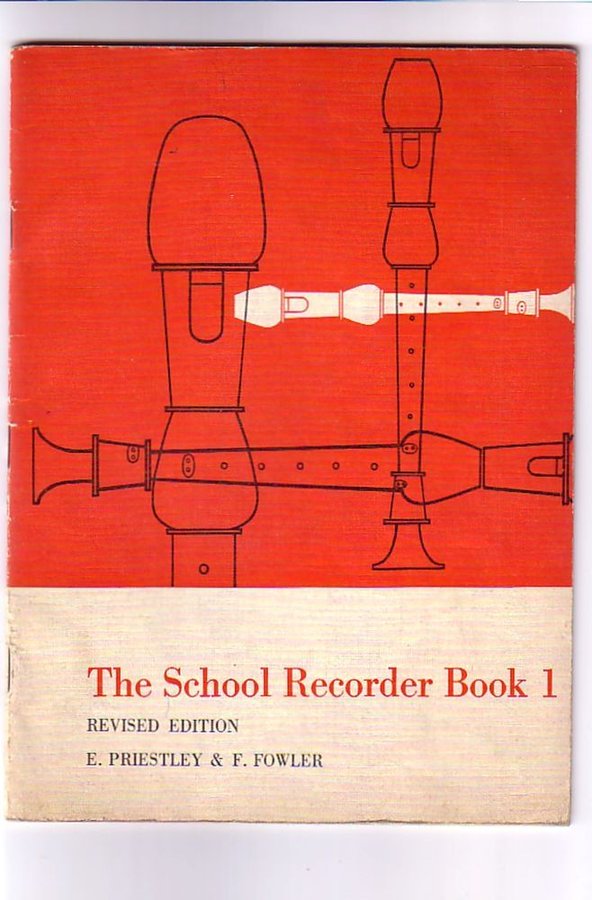
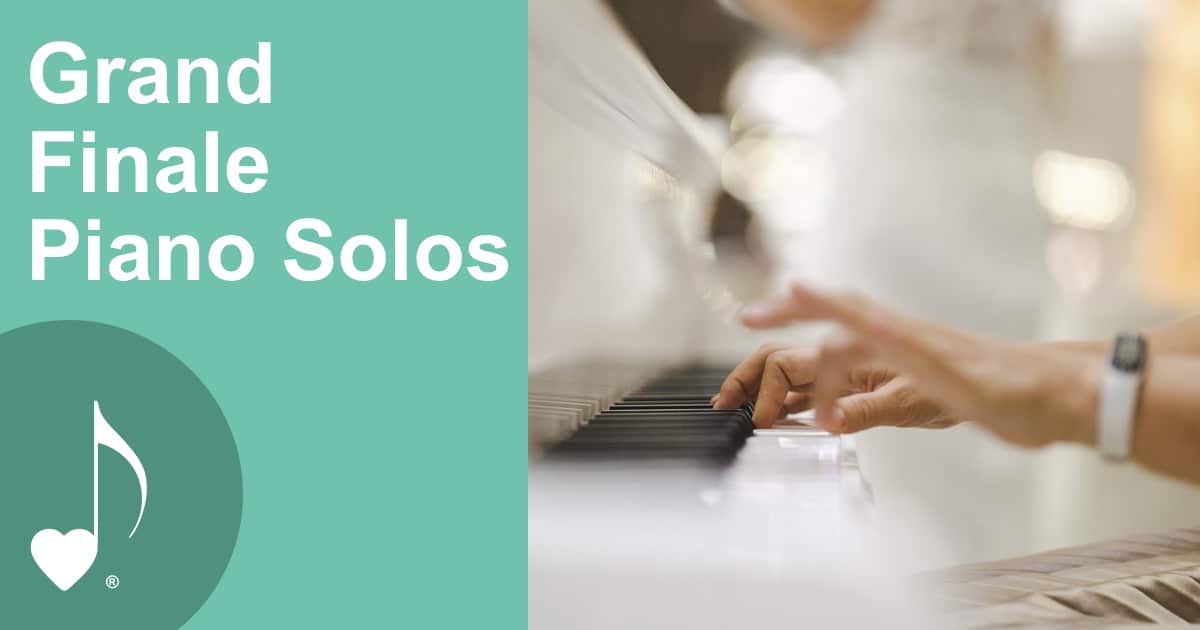

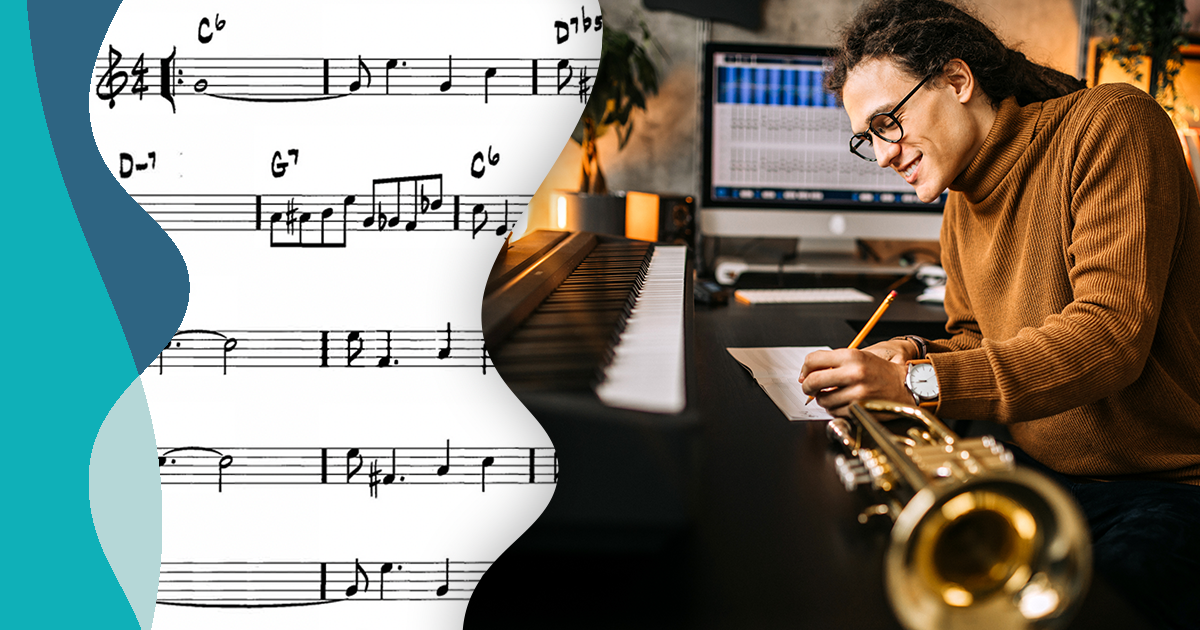
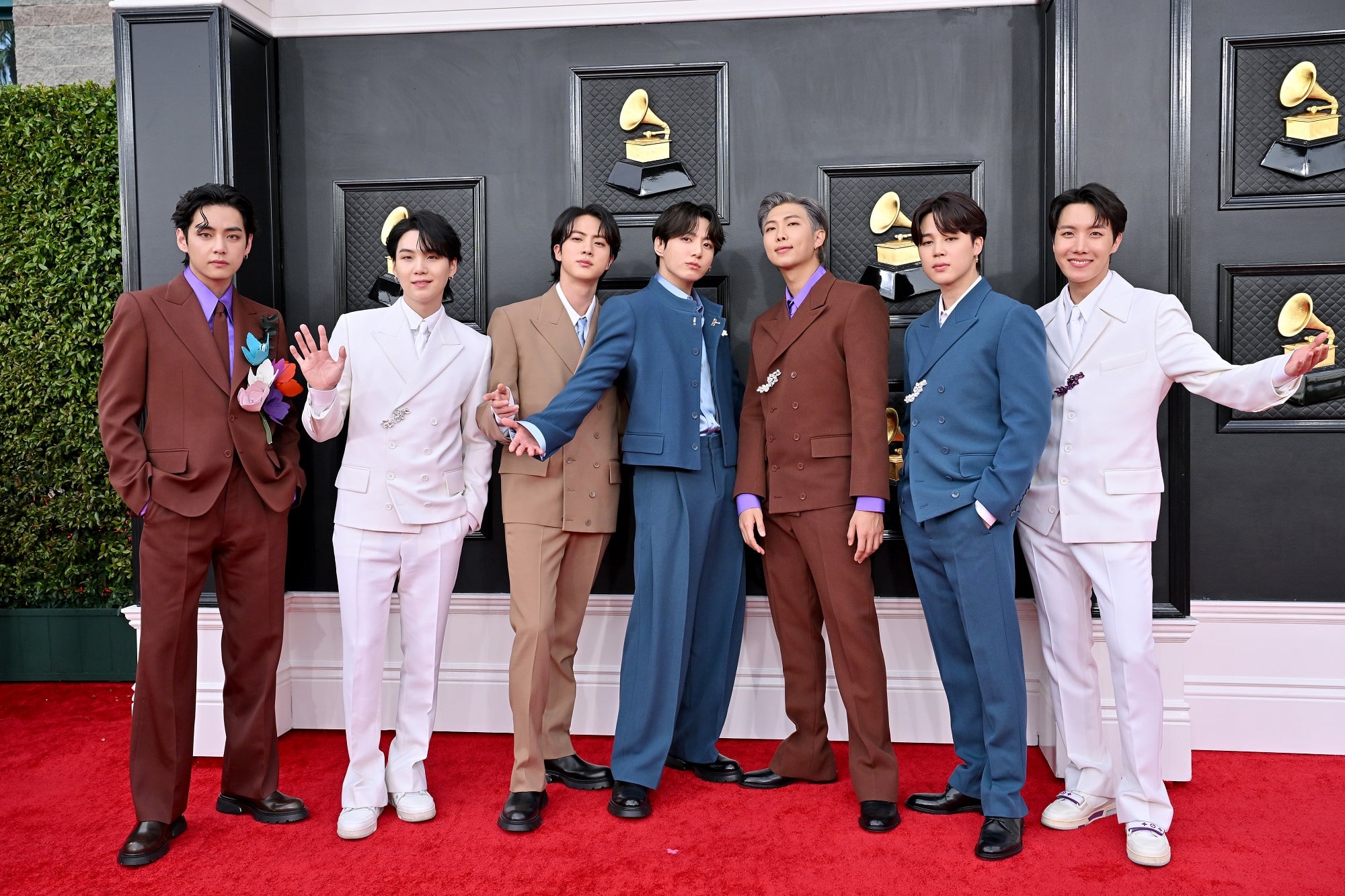
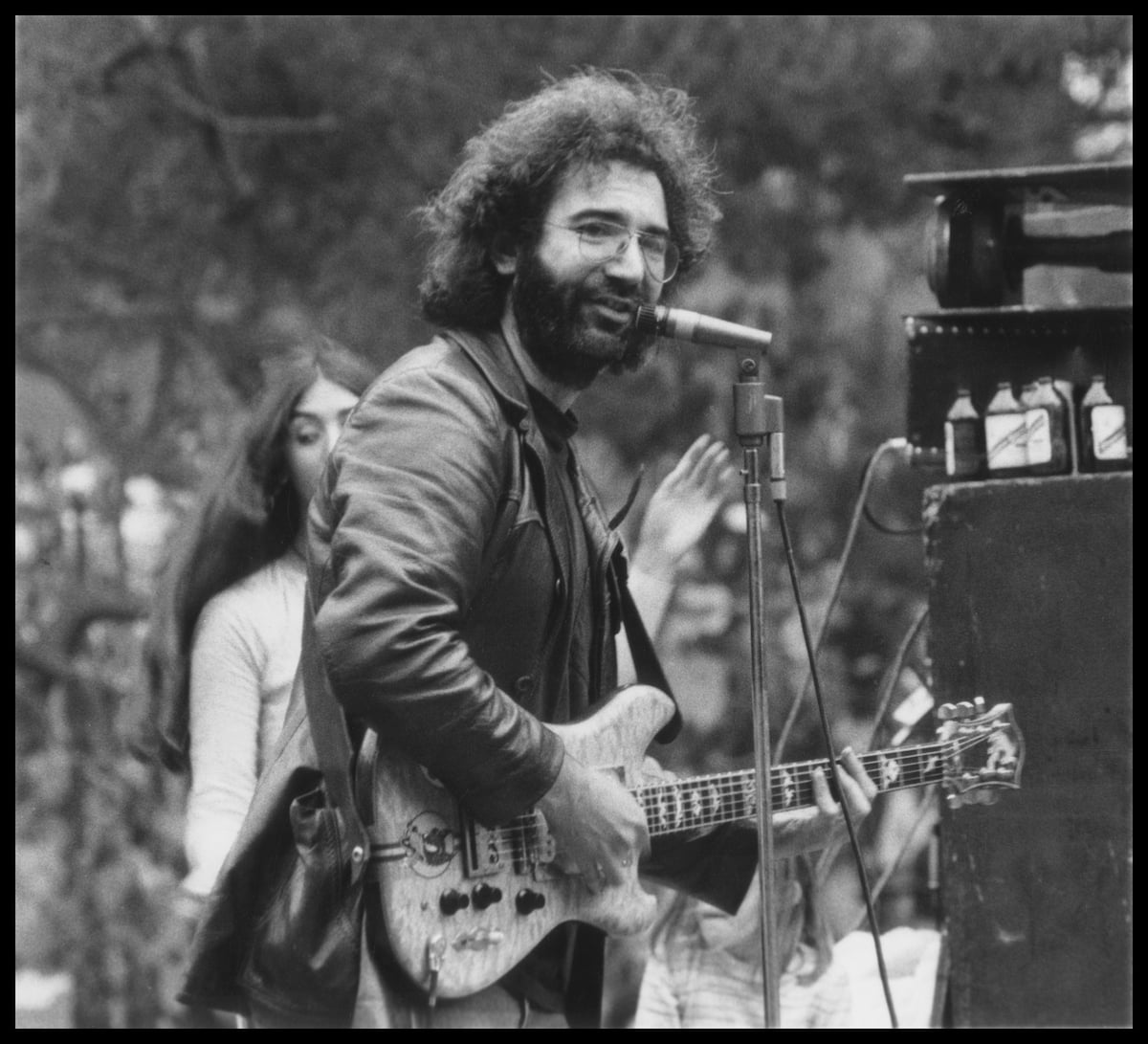
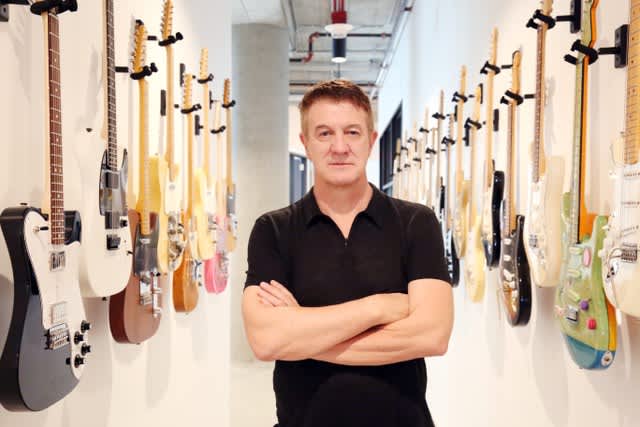
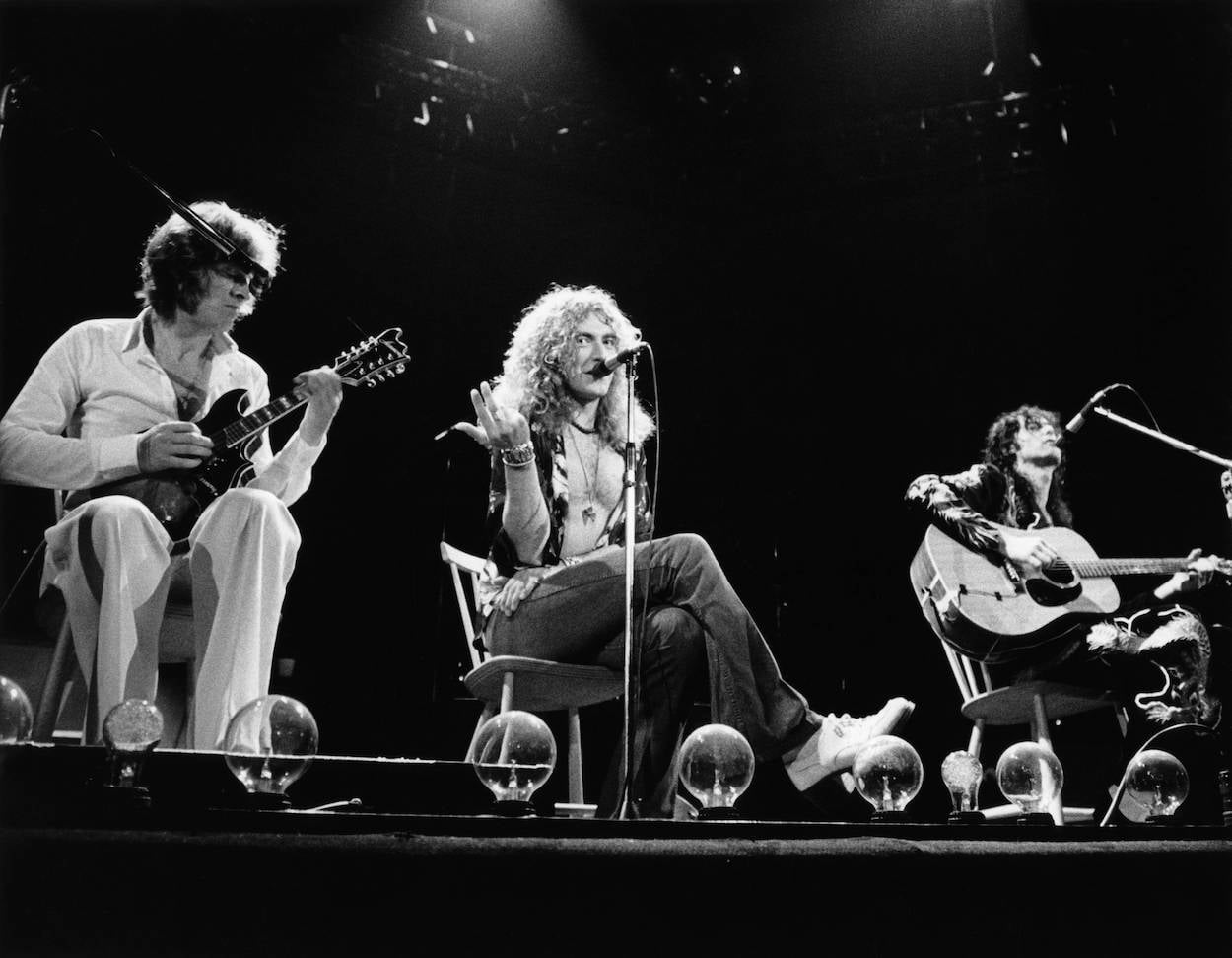
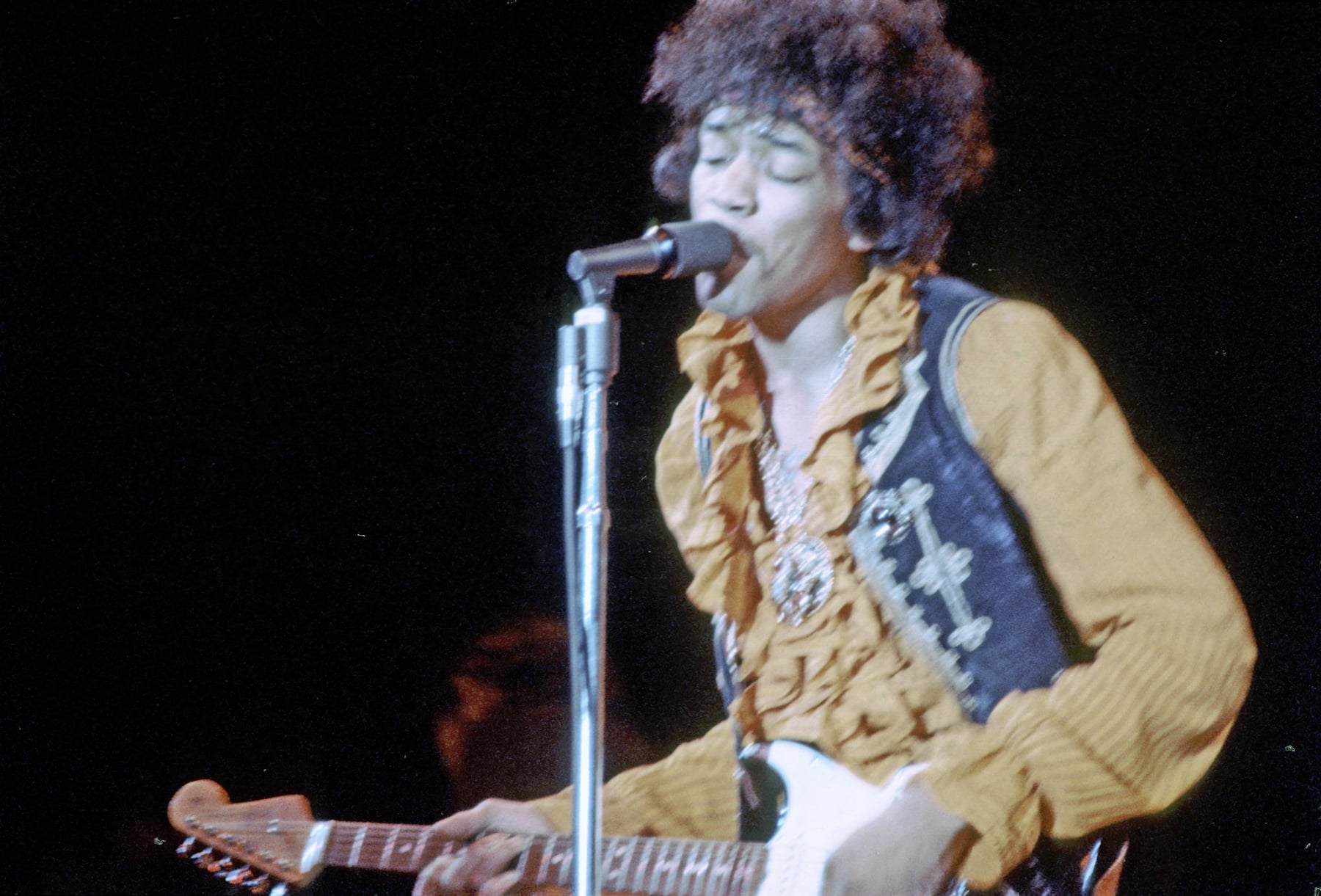
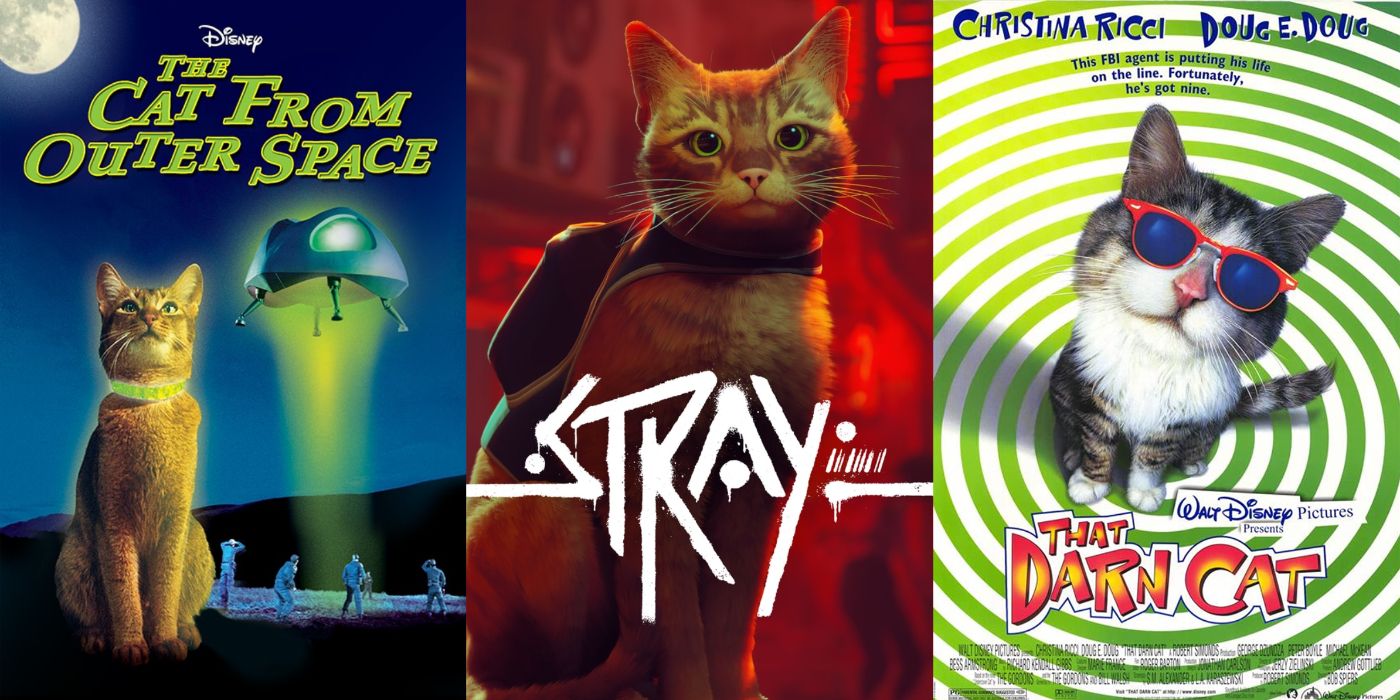


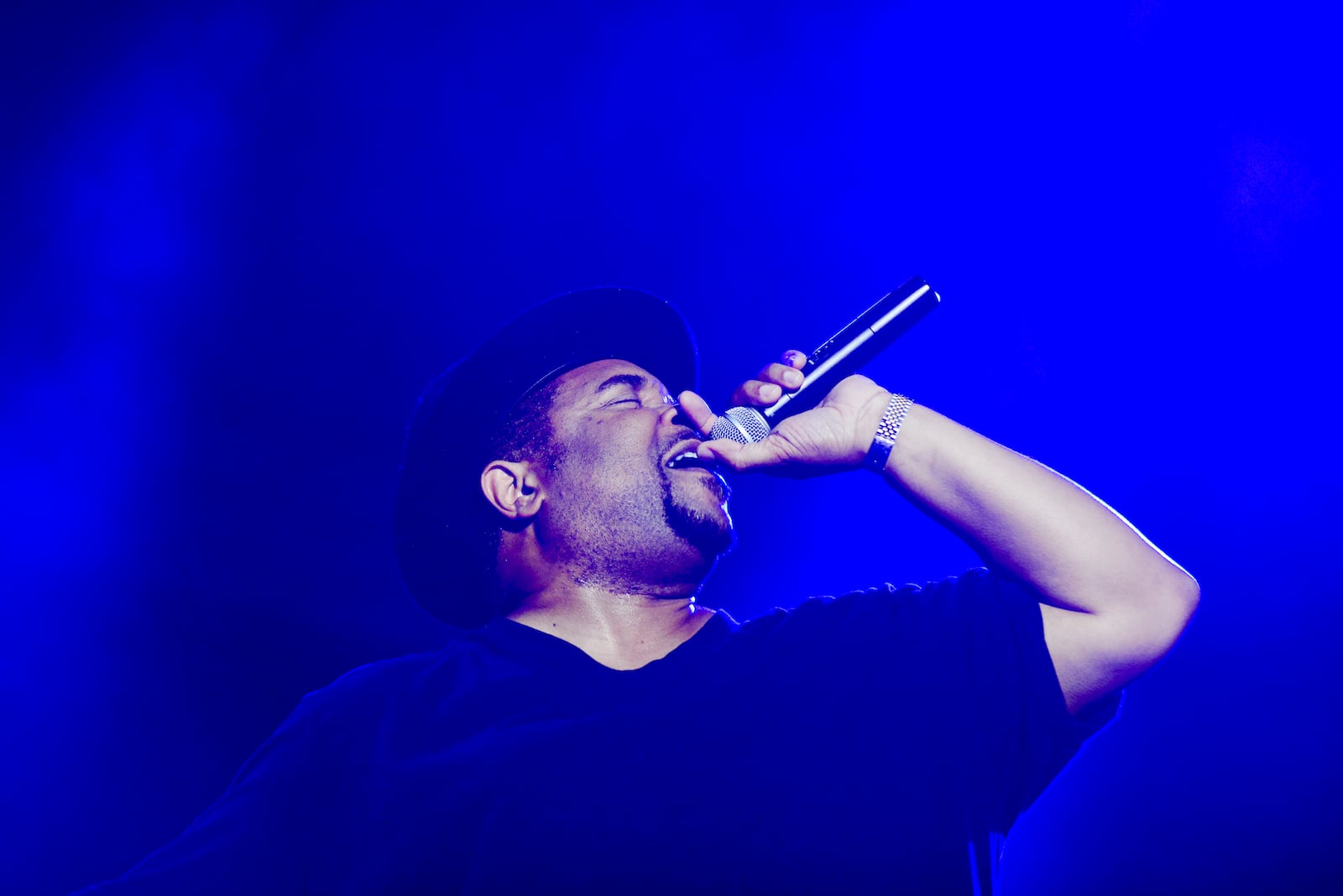
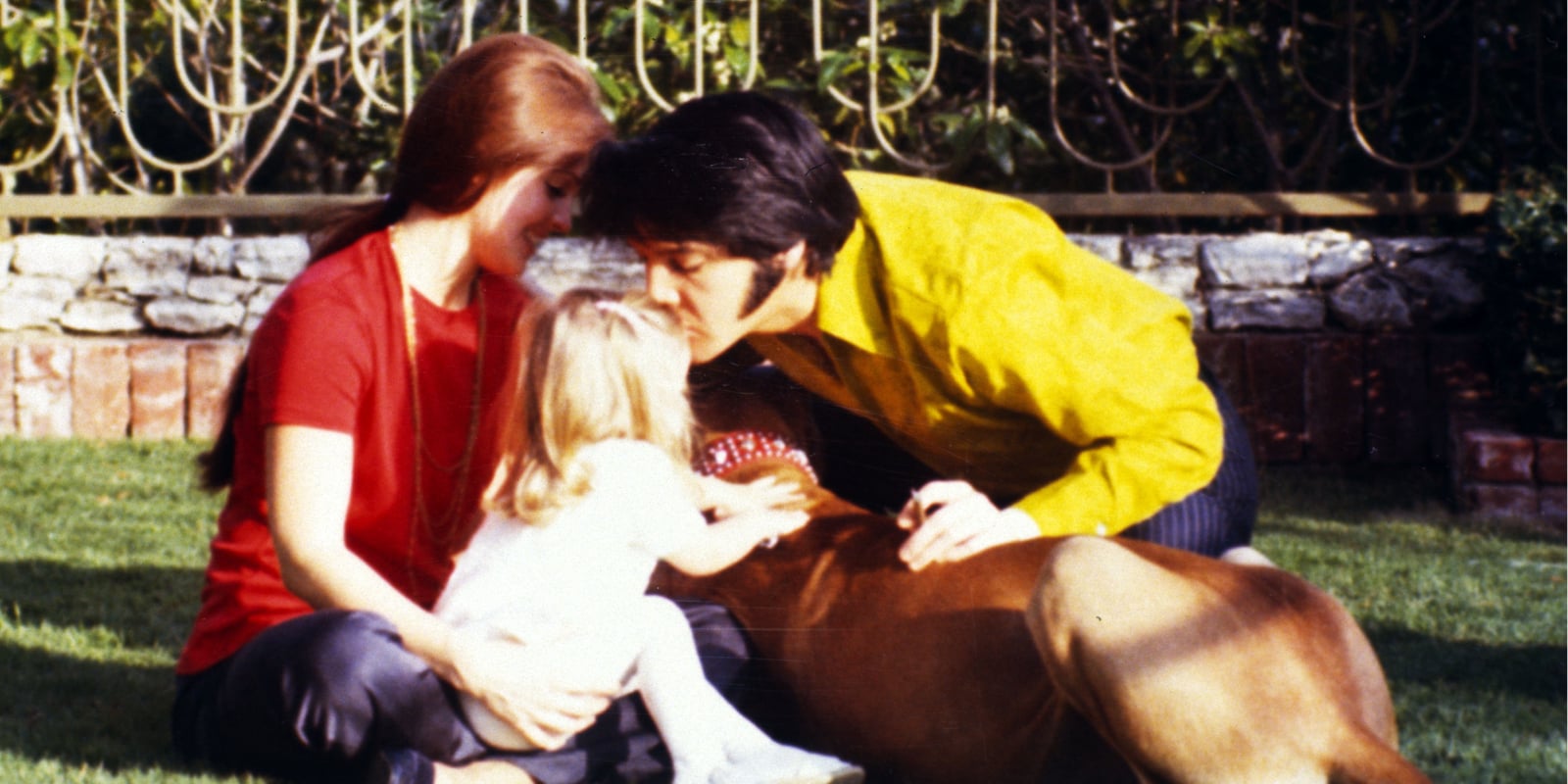
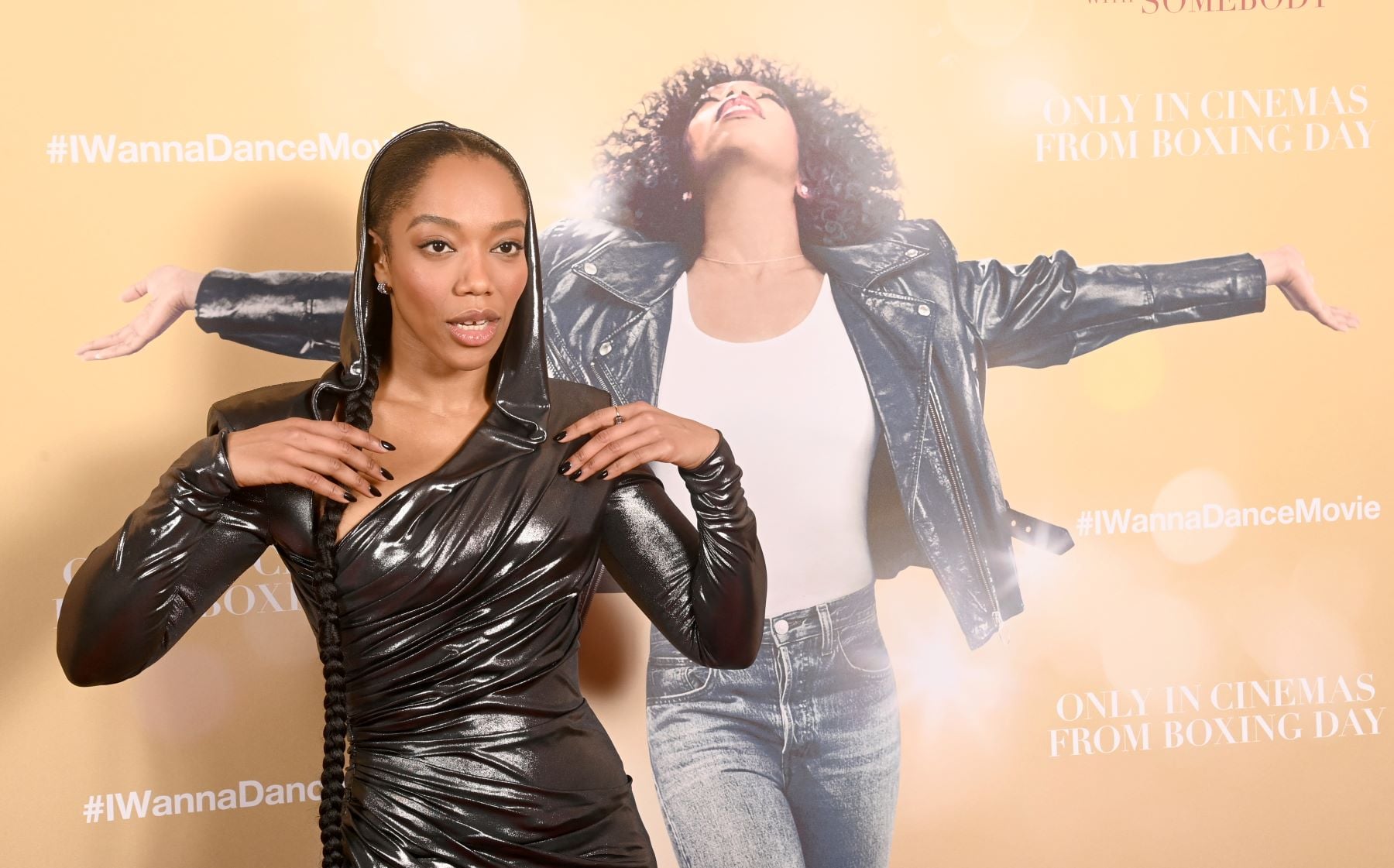
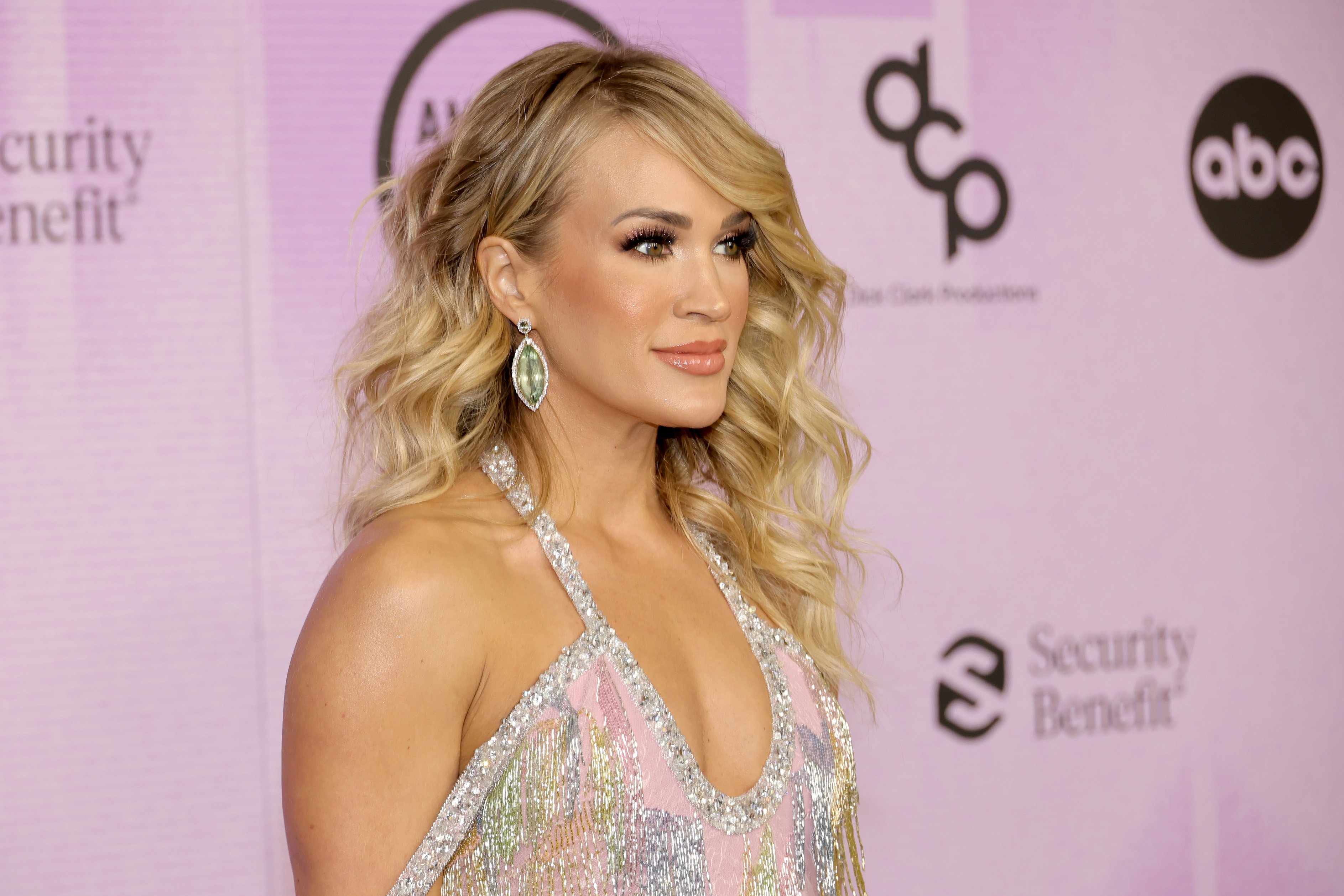
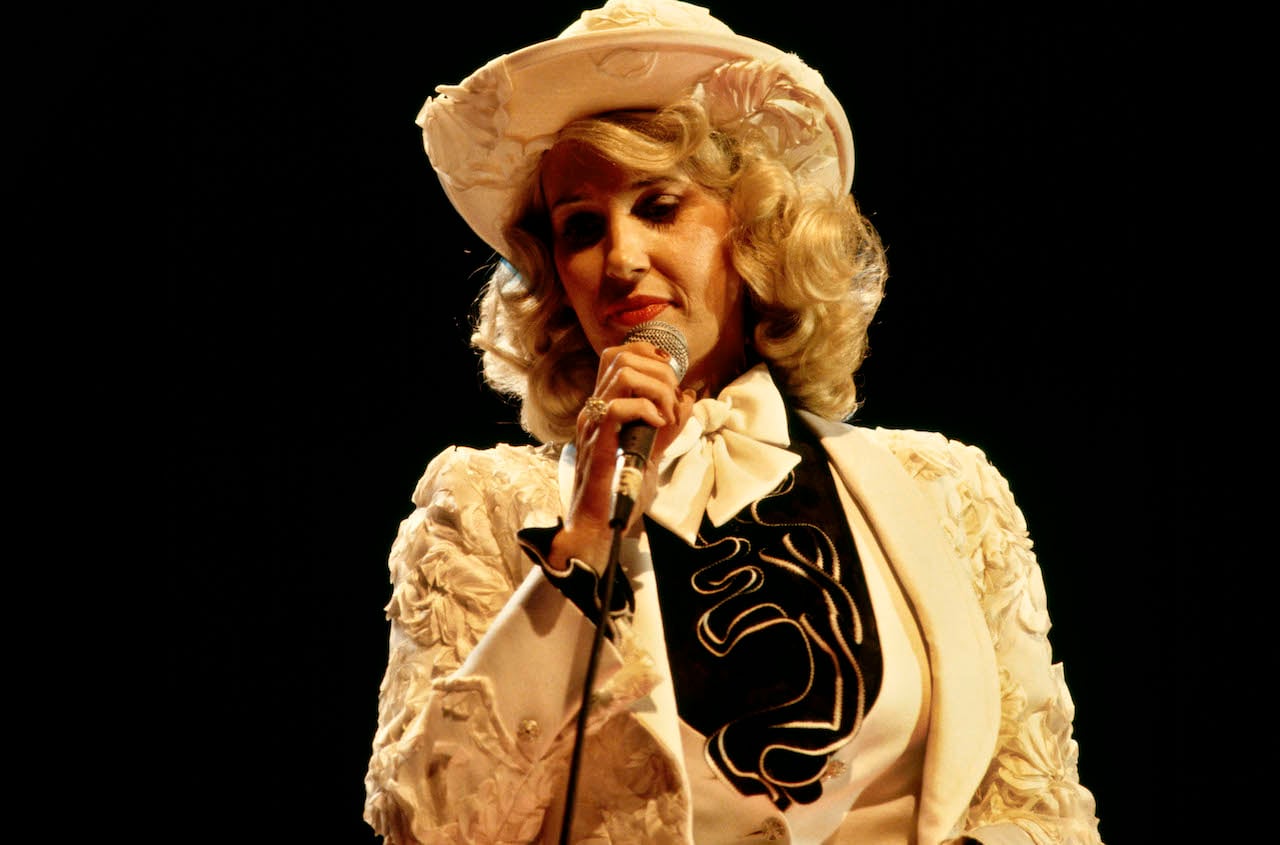
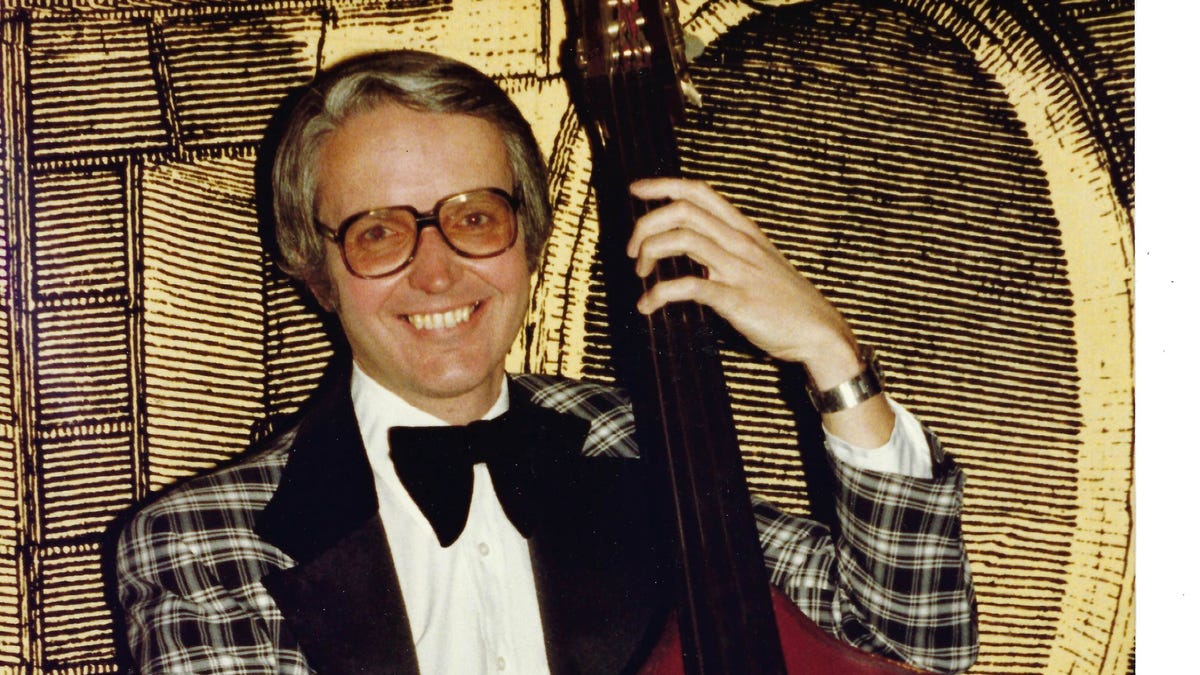
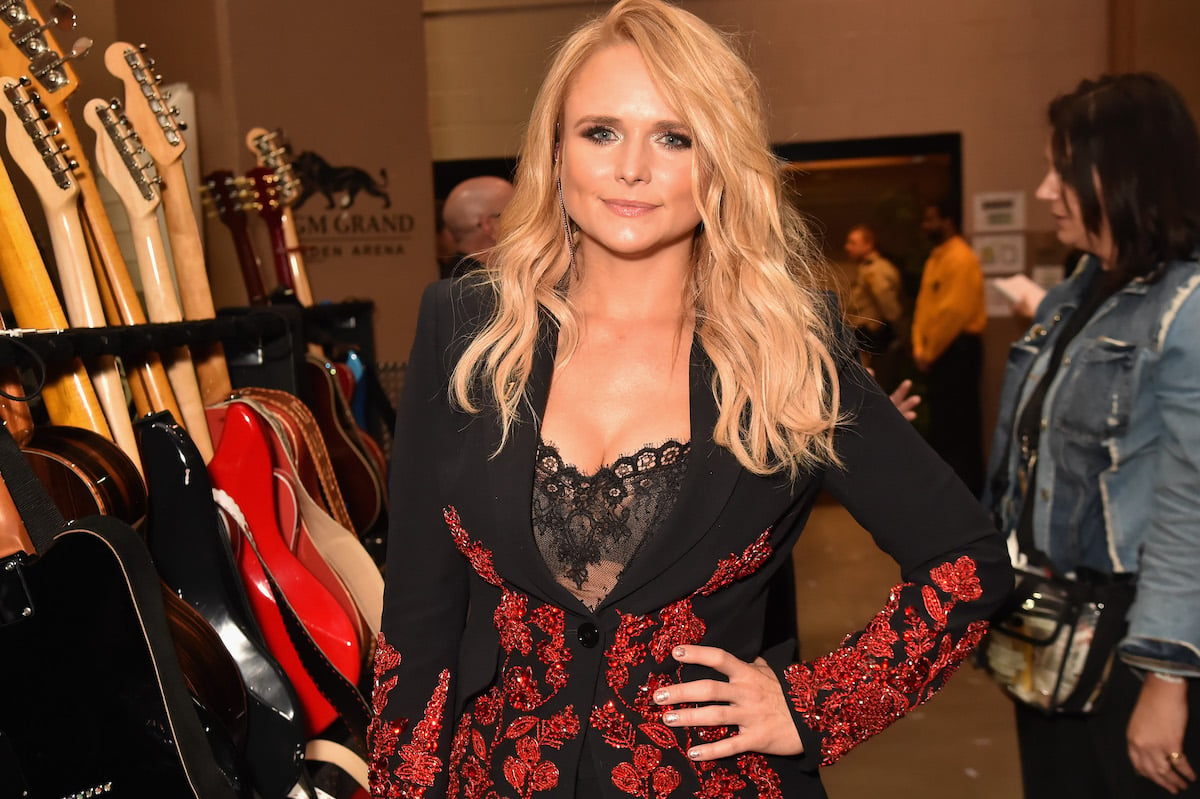

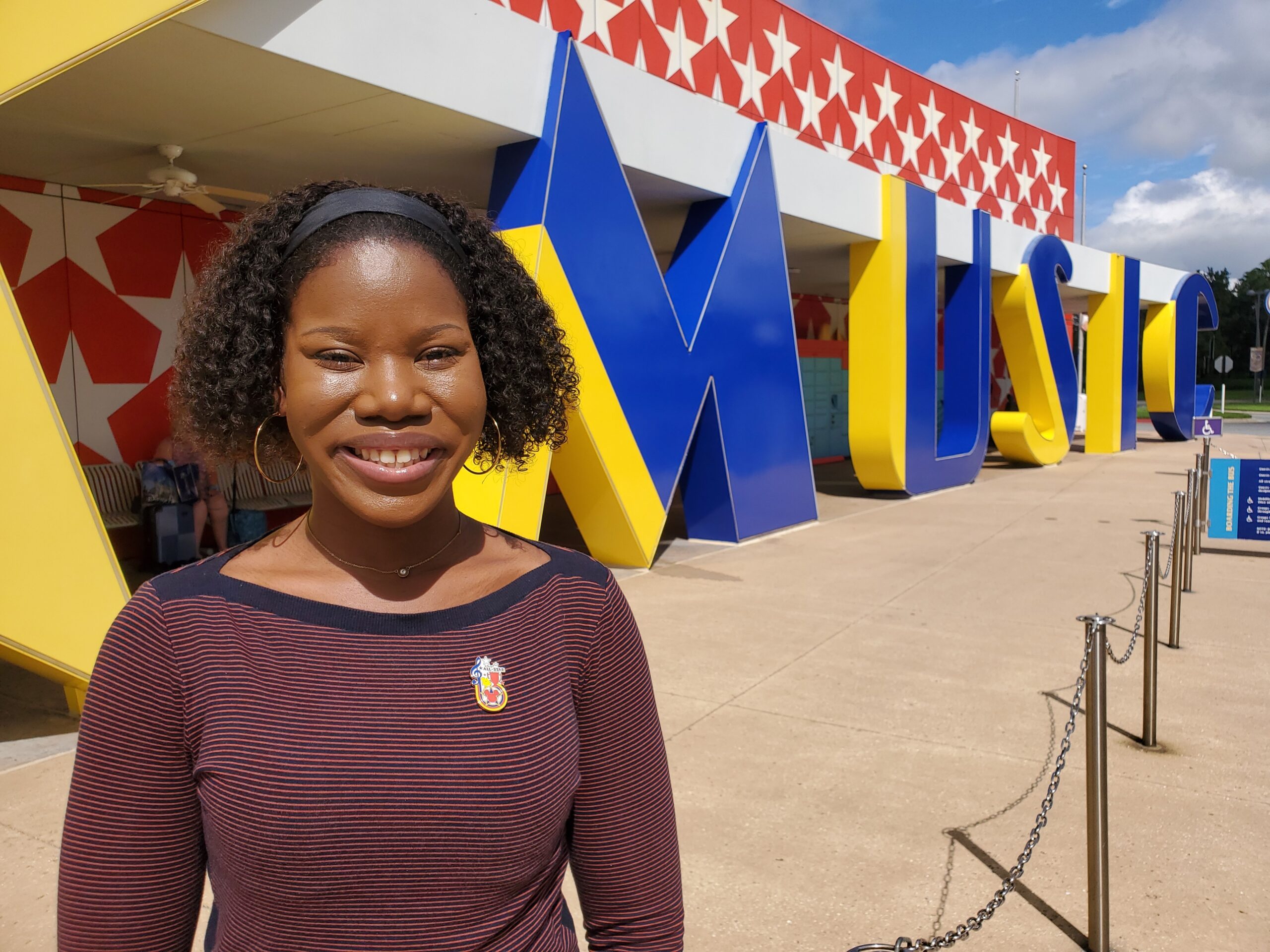
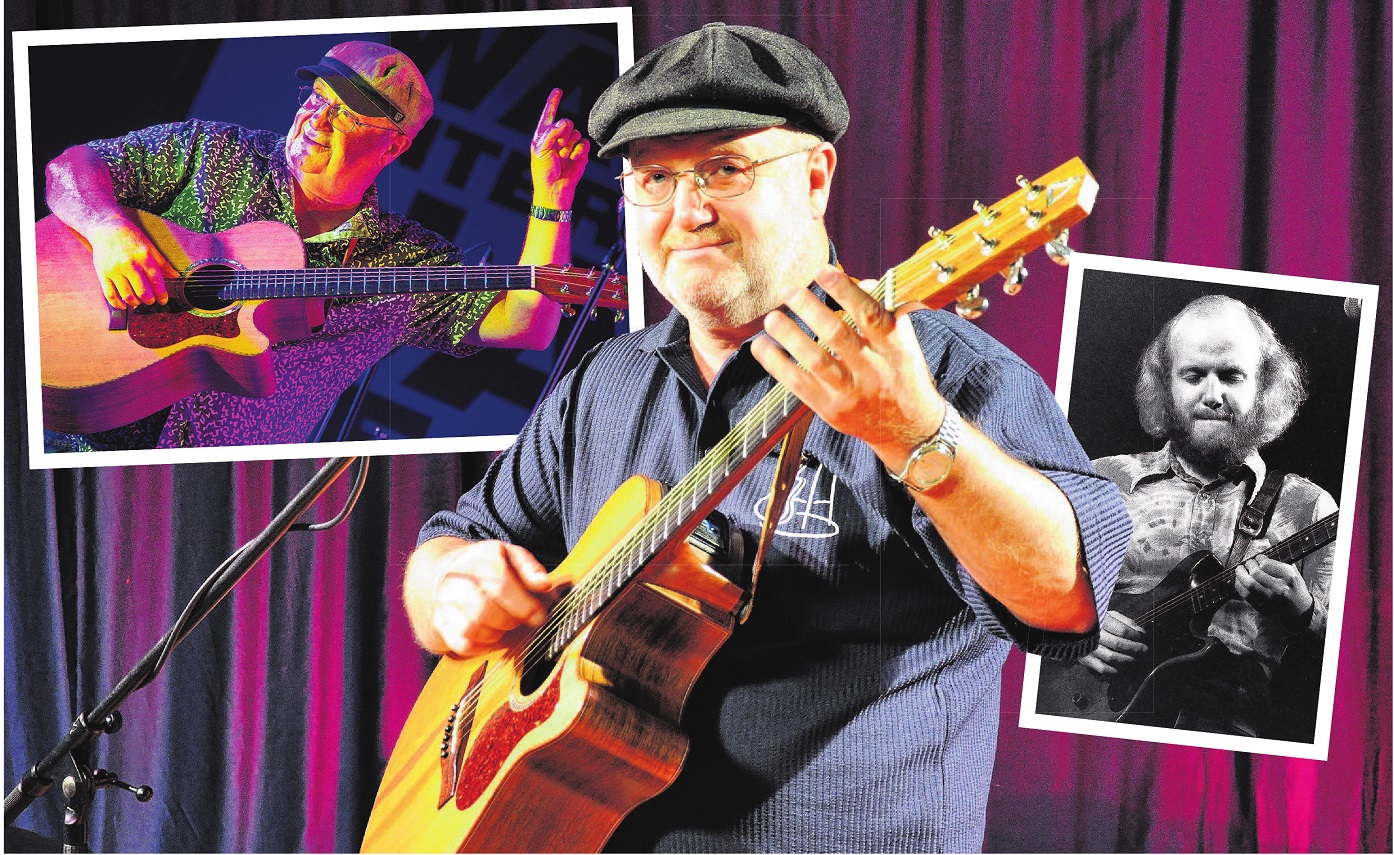

 English (US)
English (US)